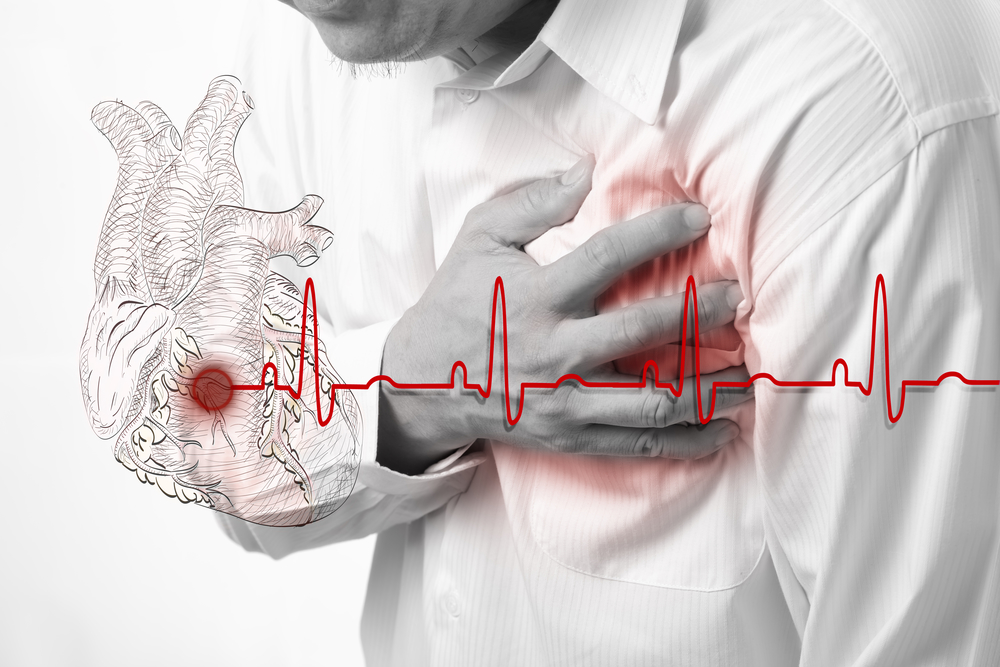Do you know if your habits and activities could cause a heart attack? Yes, genetics are a factor, but your lifestyle is a major contributor. What you eat, how you manage stress, whether you exercise regularly, and other controllable behaviors can all affect your chances of suffering a heart attack. Change what you can, understand your risk, and do your best to mitigate your chances of having a heart attack or another cardiovascular episode.
Common Causes of Heart Attacks
Even if you have a genetic predisposition to or history of heart disease, you can make lifestyle changes to help prevent a heart attack. The following behaviors will increase your risk of heart attack:
- Abdominal Obesity
- Abnormal Cholesterol
- Alcohol Intake (too much or too little)
- Diabetes
- Eating Too Few Fruits and Vegetables
- Hypertension (high blood pressure)
- Sedentary Lifestyle
- Stress
- Tobacco Use
Avoiding these causes of heart attacks and living a healthy lifestyle will help keep your heart healthy.
Surprising Heart Attack Triggers
While genetics and lifestyle can predispose individuals to heart attacks that could strike at any time, there are some surprising situations that can trigger an attack.
- Over-Exerting Yourself, Too Quickly
Exercise is great for your heart health, but overdoing it and increasing your heart rate too quickly could trigger a heart attack. Be sure to exercise and work within your fitness level and always speak with a doctor before starting a new routine. - Plunging Temperatures
Cooler temperatures cause the arteries inside your body to constrict, which increases blood pressure. This sudden increase of pressure paired with sudden physical exertion (like snow shoveling) could be dangerous.
- Enjoying a Big Meal
Eating a large meal has been known to trigger a heart attack within about 26 hours. Studies have shown that over-indulging increases the body’s level of the hormone norepinephrine, which can also elevate blood pressure and heart rate.
- Feeling Emotions Too Intensely
Both sunny and gloomy feelings, when intensely and acutely experienced, can affect the heart’s electric pulses, elevate the heart rate, and trigger a heart attack.
Heart Health Evaluations, Disease Prevention, and Care
Take a comprehensive, proactive approach to your heart health by scheduling a cardiovascular evaluation and heart disease prevention appointment with a medical professional. We are a medical practice that does more than treat — we prevent and we care. Schedule a consultation with Abella Health today.

